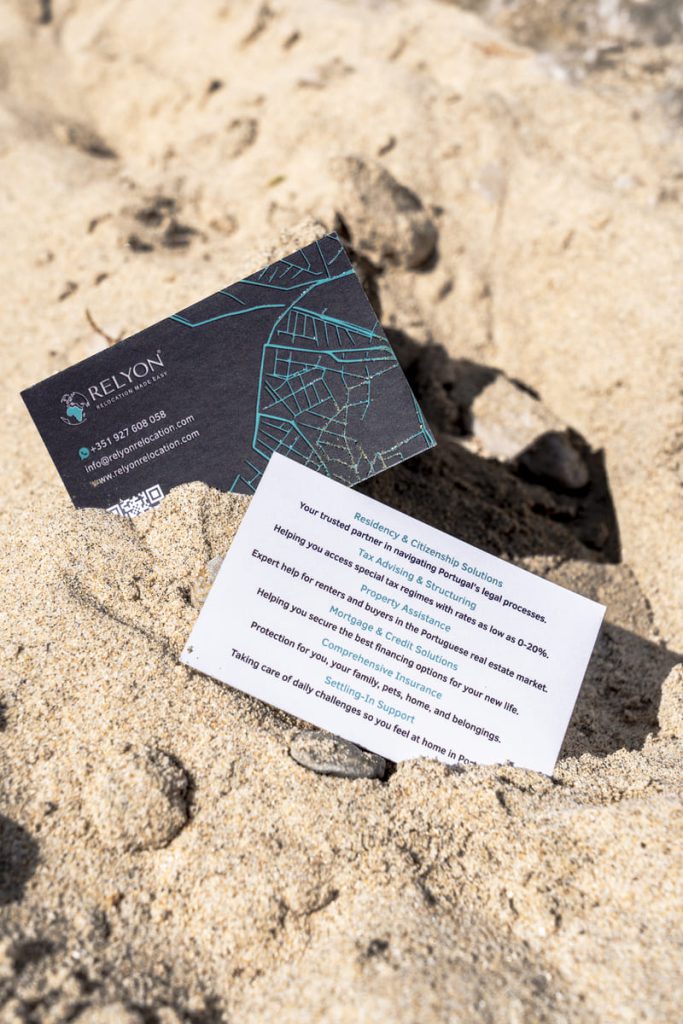RelyOn Relocation® News

Stay updated: exclusive immigration information about Portugal!
25/02/2026
Portugal 2026: key housing market updates
In 2026, Portugal introduces new measures affecting rent, taxation, and residential construction.
Rent increases are limited, and tax conditions for both landlords and tenants are being adjusted.
New rules will also impact construction licensing and property tax calculations.
If you are planning a purchase, investment, or relocation, it is important to factor in these updates in advance.
18/02/2026
Portugal shifts immigration process to consulates: what you need to know
The Portuguese government is strengthening visa processing through consulates rather than inside the country.
Minister António Leitão Amaro confirmed that priority is given to applicants entering with a valid work contract and a complete document package.
This means preparation must happen before relocation.
Errors in contracts or incomplete documentation can lead to delays or refusals.
We support you with document preparation, eligibility verification, and structured guidance through the consular process. Book a consultation — and let’s prepare your move correctly from the very first step.
11/02/2026
Portugal has a new President: first priorities announced
António José Seguro has been elected as Portugal’s new President and will take office on March 9. The transition process is already underway, including a meeting with outgoing President Marcelo Rebelo de Sousa at Belém Palace.
His main priorities include healthcare, defense, and institutional transparency. Seguro plans to launch a “health pact” to address structural challenges within the National Health Service. Consultations with the government and political leaders are expected in the coming weeks.
04/02/2026
Courts to open 50 positions to handle cases against AIMA
Portugal’s High Council for Administrative and Tax Courts has described the situation with cases against AIMA as critical. As of January 7, around 124,793 cases related to residence permits, renewals and family reunification were pending.
The council approved 50 urgent, nationwide judicial positions for three months, with a possible extension. Judges will work under defined performance targets and monitoring mechanisms.
This measure is expected to help speed up long-delayed cases and reduce the overall backlog.
28/01/2026
Parliament approves housing package with tax incentives
On January 9, the Portuguese Parliament approved a package of housing measures. The initiative was backed by PSD, CDS-PP and IL, with Chega abstaining.
The package combines tax incentives with changes to licensing, urban planning and renovation rules. VAT will be reduced from 23% to 6% for homes priced up to €648,000 or rentals up to €2,300 per month.
The measures are expected to remain in force until the end of the current government’s term.
21/01/2026
AIMA asks immigrants to update address and NISS details
AIMA is asking immigrants to review and update their registered address and Social Security number (NISS). Updates can be made online via the AIMA contact form under Renewal Portal, selecting the relevant issue.
This is especially important if you have moved or changed apartments. All official AIMA correspondence is sent to the address on file.
Keeping your details up to date helps prevent delays and missed notifications.
Ready to start your
relocation process?
get a customized all-in-one relocation plan.
